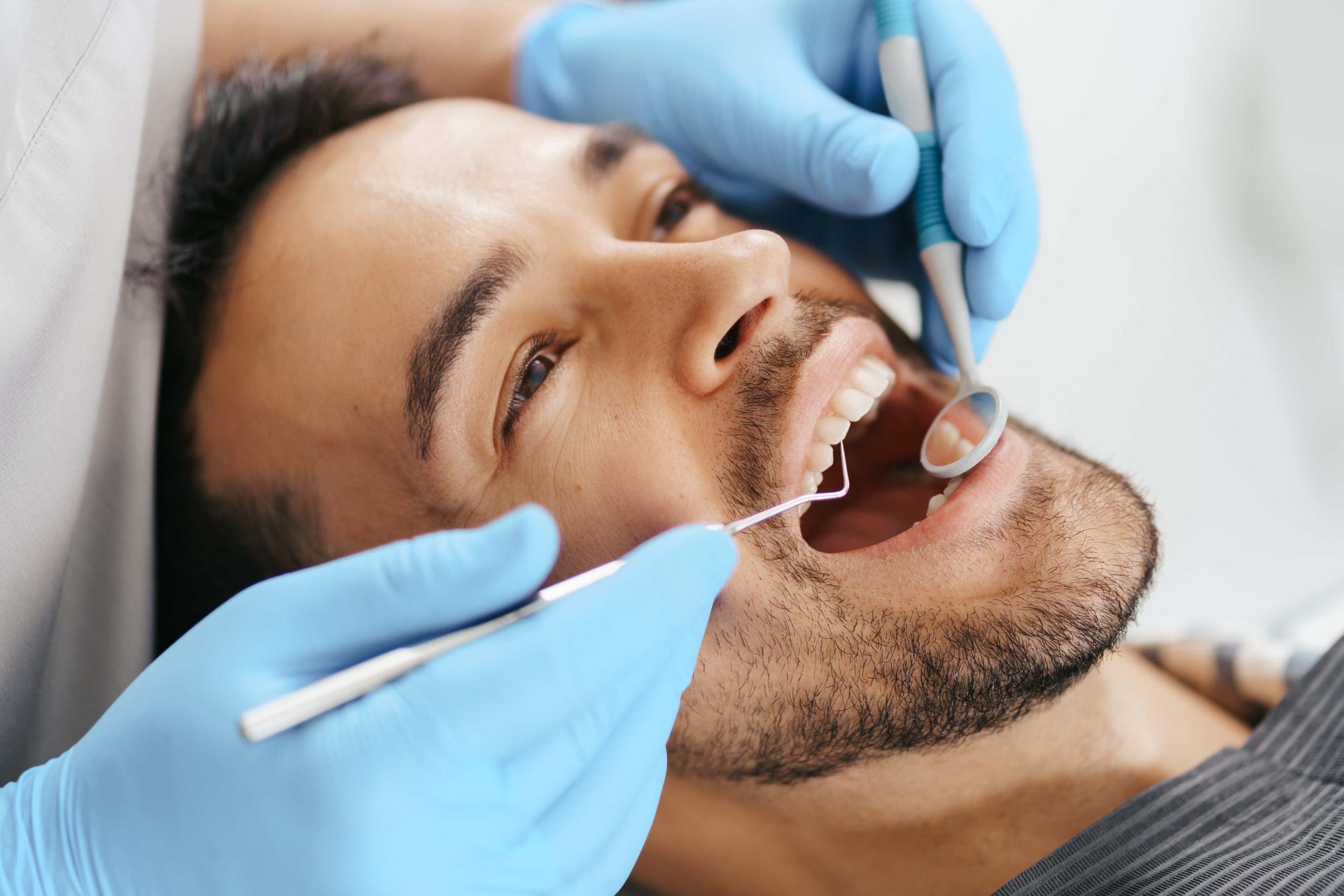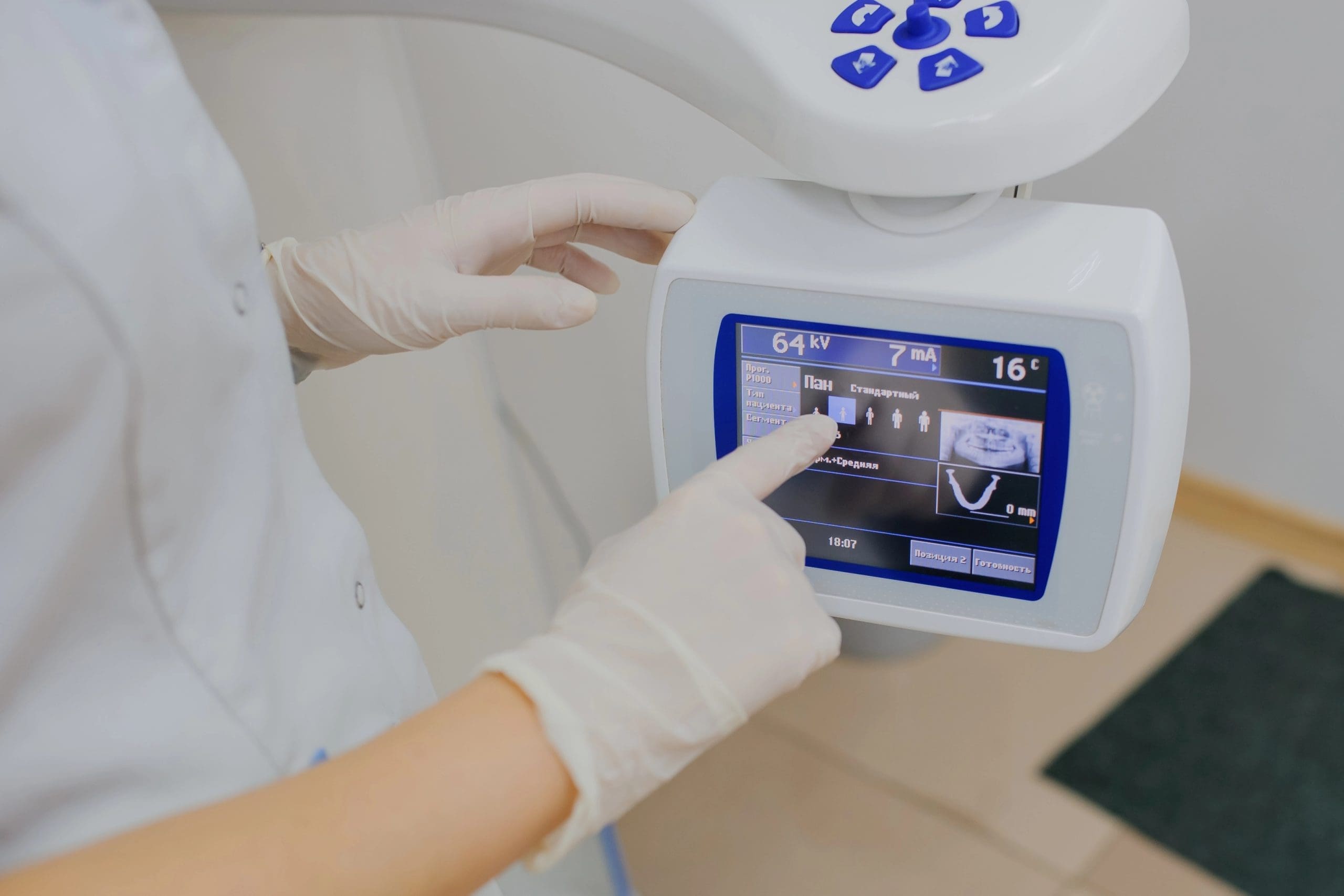This Father’s Day, take a closer look at that familiar grin. Your dad may have passed on more than just his sense of humor or signature smirk—he may also have handed down a blueprint for your oral health. Just like eye color or height, certain dental conditions can be inherited, making your family’s medical history a powerful tool in understanding your own risks.
While genetics can influence many aspects of oral health, it’s not the whole story. Environmental factors, daily habits, and preventive care all play vital roles in shaping the future of your smile.
How Genetics Affects Your Oral Health
Several aspects of your dental health are impacted by your genes, including:
- Jaw Size & Tooth Alignment: Inherited jaw structure can lead to issues like crowding, misalignment, or bite problems.
- Gum Disease Susceptibility: Roughly 30% of people may be genetically predisposed to gum disease.
- Tooth Enamel & Color: Thin enamel, making teeth more sensitive and slightly discolored, can run in families.
- Oral Cancer Risk: Though lifestyle plays the most significant role, specific genetic markers may slightly raise the risk.
While genetic factors can predispose you to certain conditions, practicing good oral hygiene and maintaining regular dental visits can significantly mitigate risks.
Common Dental Conditions with a Hereditary Link
- Periodontal (Gum) Disease A family history of gum disease means it’s worth taking extra preventive steps. Brushing, flossing, and scheduling cleanings 2–4 times a year can help stop it in its tracks.
- Tooth Decay & Weak Enamel While no single gene guarantees cavities, some inherited traits increase your risk. Prioritizing fluoride, calcium-rich foods, and dentist-recommended products can make a big difference.
- Orthodontic Issues Spacing problems, crowding, or overbites often trace back to family jaw structure. Early orthodontic care can correct alignment and improve long-term dental function.
- Cleft Lip or Palate This genetic condition can affect everything from tooth development to bite alignment. Treatment typically involves coordinated dental and orthodontic care.
- Oral Cancer Most cases are linked to tobacco or alcohol use, but family history may increase your baseline risk. That’s why regular screenings are important, especially for those with a paternal connection.
Can You Overcome Dental Genetics?
Yes—genetics isn’t destiny. You may have inherited certain vulnerabilities, but daily habits and preventive dental care can help you stay ahead of any problems.
What You Can Do (for You and for Dad):
- Know Your Family History – Mention it at your next dental visit for tailored care.
- Prioritize Oral Hygiene – Brush, floss, and use fluoride-based products daily.
- Stick to Regular Checkups – Early detection goes a long way.
- Make Smart Lifestyle Choices – Skip the tobacco, limit sugar, and nourish your smile.
This Father’s Day, honor the wisdom—and the genes—your dad gave you. A great smile might run in the family, but so can great dental habits.
While you can’t change your genes, you can take control of your dental health. So, schedule a checkup today and give your smile the best possible care!





